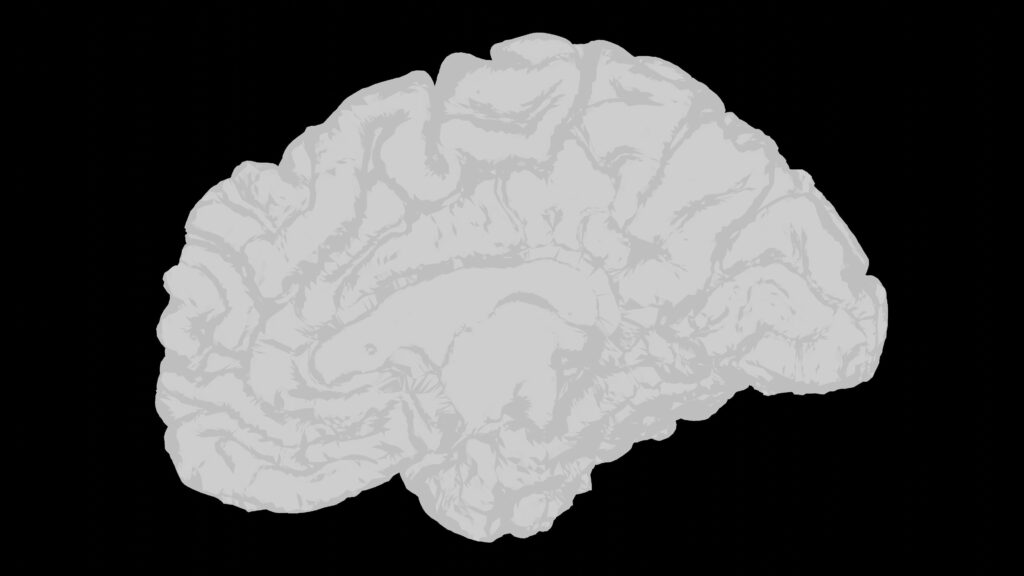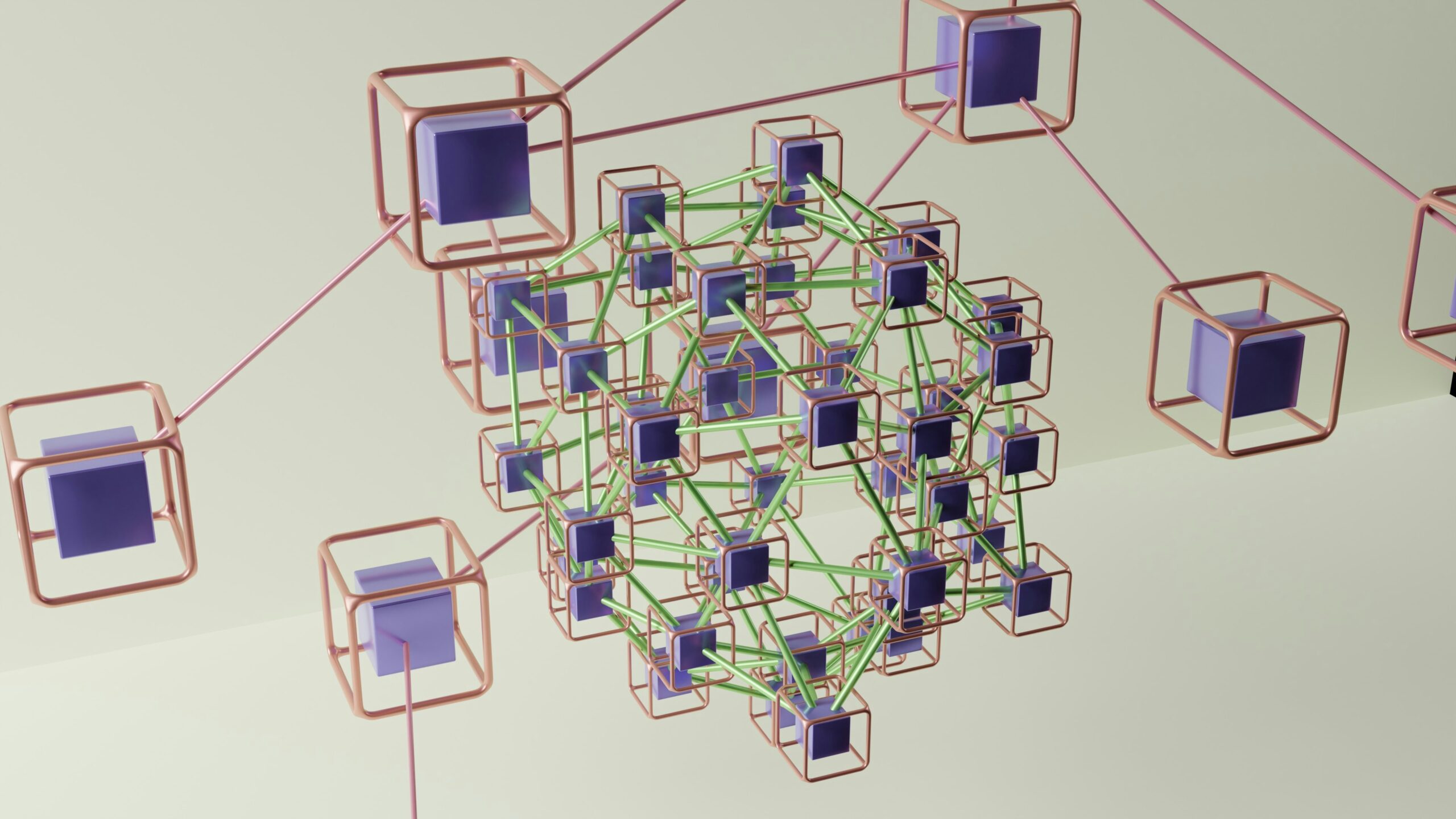Introduction: What Drives the Shift to Decentralization?
Decentralization isn’t just a technological movement—it’s a psychological one. While blockchain and Web3 have made headlines for their potential to disrupt everything from finance to media, the deeper story is human. People are drawn to decentralized systems not only for functionality but because of what they represent: autonomy, freedom, trust, and resilience.
In this article, we explore the psychological factors that make decentralization so compelling—and why it’s changing how people interact with technology, institutions, and each other.

Autonomy and Control: A Deep Human Need
Humans have an innate desire for control over their environment. Centralized systems—whether governments, banks, or corporations—have long acted as gatekeepers to access, data, and services. The decentralization movement is, at its core, a response to this.
In decentralized platforms, users don’t have to ask permission to participate. Whether it’s moving funds via DeFi, publishing via IPFS, or joining a DAO, the system is designed to remove intermediaries and place decision-making in the hands of individuals.
Why It Resonates:
Psychologically, this taps into the need for autonomy, self-determination, and personal agency—core components of motivation and mental well-being.
The Distrust Factor: Institutions vs. Individuals
Over the past decade, trust in institutions has eroded. From data leaks to financial scandals, the modern user is more skeptical than ever about centralized authority. Decentralized systems offer an alternative—don’t trust, verify.
Blockchain’s transparent ledger and smart contracts appeal to people who value transparency and fairness. Instead of trusting a bank to settle a transaction or a social platform to moderate fairly, users can rely on code and consensus mechanisms.
Subtle Shift:
It’s not that people no longer trust anything—it’s that they prefer systems where trust is minimized as a requirement for participation.
Collective Power: The Psychology of the Crowd
DAOs (Decentralized Autonomous Organizations) are a perfect example of how decentralization intersects with group psychology. In these systems, decisions are made collectively by stakeholders, often using token-based voting.
This taps into the concept of collective efficacy—the belief that a group can produce meaningful outcomes together. The decentralized ethos empowers people to act, invest, vote, and build with others who share their values, creating a deeper emotional investment than traditional top-down models.
Use Case Insight:
DAO participation has surged in areas like community-led grants, protocol governance, and even creative storytelling—where members co-write and fund entire projects.
Identity, Ownership, and Digital Belonging
Traditional internet platforms treat users like products. You are what you click. Decentralized identity (DID) and on-chain reputation systems flip this dynamic by allowing users to own their digital presence.
From ENS (Ethereum Name Service) domains to verifiable credentials stored on-chain, decentralized systems give users control over how they represent themselves online. This shift enhances the feeling of personal ownership and digital sovereignty.
Emotional Value:
When people feel ownership—of their data, contributions, or avatars—they develop a stronger connection to the platforms they use. It becomes theirs, not something borrowed from a corporate provider.
The Allure of Resilience: Anti-Fragile Systems
Decentralized systems are built to resist censorship, shutdown, and manipulation. Psychologically, this resilience offers something incredibly valuable in uncertain times: stability through diversity.
Bitcoin, for example, has survived multiple market crashes, political attacks, and technological challenges—not because it’s unbreakable, but because it’s distributed. No single point of failure means it continues even when parts of it falter.
Why It Matters:
In an era where centralized systems can disappear overnight (think of banned accounts or failed banks), decentralization appeals to those who crave permanence and security beyond institutional control.
The Narrative of Freedom: Myth or Motivation?
At a deeper level, decentralization offers a compelling story: a return to digital freedom. This narrative—often told in terms of “banking the unbanked,” “breaking monopolies,” or “democratizing access”—resonates with people tired of being surveilled, profiled, or excluded.
Even if some of these goals are aspirational, the narrative itself is powerful. It drives communities to form, developers to build, and users to participate—even in the absence of immediate rewards.
Motivational Impact:
Just like open-source movements or environmental activism, the belief in a better system creates intrinsic motivation. People contribute not just for gains, but because it feels right.
The Paradox: Not Everyone Wants Responsibility
While decentralization promotes freedom and control, it also comes with responsibility—managing your keys, understanding protocols, and protecting your assets. Not everyone wants that.
Some users still prefer the ease of centralized services. In psychology, this relates to the concept of cognitive load. Too many decisions, too much information, and high stakes can lead to stress and avoidance.
What This Means for Adoption:
To reach mainstream users, Web3 platforms must reduce friction and offer gradual decentralization. Start with custodial solutions, then offer a path to full ownership as users become more confident.
Conclusion: Why It Matters in 2025 and Beyond
Decentralization is not just a tech trend—it’s a reflection of what people want from their digital lives. Control, privacy, transparency, and community are not just features—they’re psychological drivers that shape behavior, loyalty, and long-term adoption.
Understanding these motivations can help builders create better tools, help users navigate new systems, and help everyone make sense of a digital future where power is shared, not hoarded.


Leave a Reply